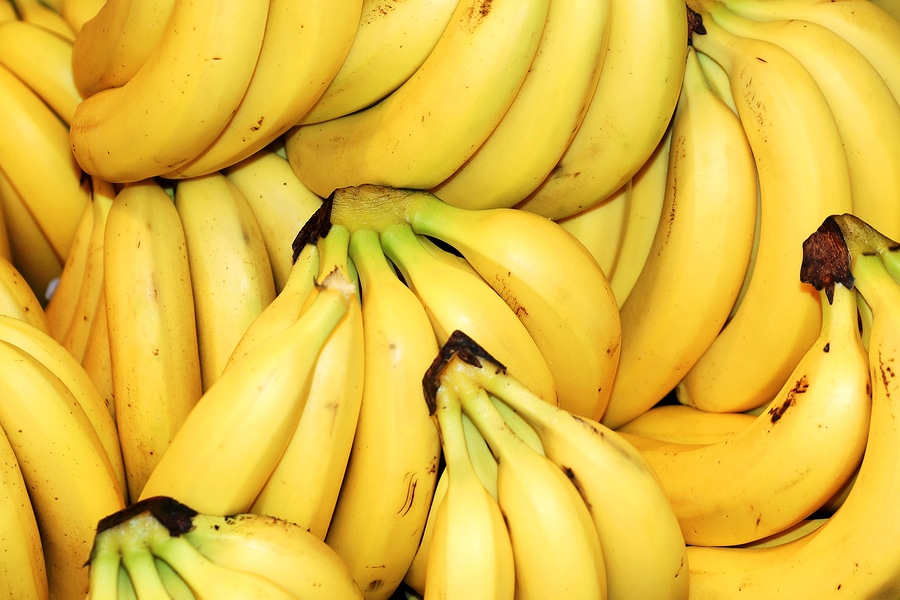Embarking on a weight loss journey often involves making mindful choices about what you eat, and while fruits are generally considered healthy, not all are created equal when it comes to supporting weight loss goals. In this guide, we’ll explore fruits that individuals should approach with caution due to their higher sugar content and potential impact on weight management.
1. Grapes: A Sweet But High-Sugar Choice
Sugar Content: Grapes, while delightful and convenient for snacking, are relatively high in natural sugars. A cup of grapes can contain around 23 grams of sugar. While these sugars are natural, consuming large quantities can contribute to an elevated calorie intake.
Cautionary Note: While grapes offer beneficial antioxidants, including resveratrol, their high sugar content means they should be enjoyed in moderation, especially for those actively managing their weight. Consider portion control and pairing grapes with a source of protein or healthy fats to balance the impact on blood sugar levels.
2. Bananas: Portable but Calorically Dense
Sugar Content: Bananas are a popular and convenient fruit, but they contain a relatively high amount of natural sugars. A medium-sized banana can provide around 14 grams of sugar, making them a denser source of calories compared to some other fruits.
Cautionary Note: While bananas offer essential nutrients such as potassium and fiber, individuals aiming for weight loss should be mindful of their portion sizes. Instead of eliminating bananas, consider incorporating smaller portions into a balanced diet, perhaps as a pre-workout snack or paired with protein for a more satisfying option.
3. Mangoes: Tropical Sweetness with Caution
Sugar Content: Mangoes, known for their tropical sweetness, are higher in natural sugars. A cup of mango contains approximately 45 grams of sugar, making it one of the fruits with a more significant impact on overall sugar intake.
Cautionary Note: While mangoes provide vitamins, minerals, and antioxidants, their calorie and sugar content should be considered when trying to lose weight. Enjoying mangoes occasionally as part of a well-rounded diet is reasonable, but being mindful of portions can help manage caloric intake.
4. Pineapple: Balancing Sweetness and Moderation
Sugar Content: Pineapple, with its juicy and refreshing taste, contains natural sugars. A cup of pineapple chunks has around 16 grams of sugar, making it a fruit with a moderate sugar content.
Cautionary Note: Pineapple offers health benefits, including vitamin C and bromelain, an enzyme with potential anti-inflammatory properties. However, individuals focused on weight loss should practice moderation. Pairing pineapple with a protein source or incorporating it into a balanced meal can help mitigate its impact on blood sugar levels.
5. Watermelon: Hydrating but Higher in Sugars
Sugar Content: Watermelon, composed mostly of water, is hydrating and refreshing. However, a cup of watermelon contains approximately 9 grams of sugar.
Cautionary Note: While watermelon is a lower-calorie fruit and can contribute to hydration, it’s essential to be mindful of sugar intake, especially for those actively managing their weight. Consider pairing watermelon with protein or consuming it in moderation as part of a balanced diet.
6. Dried Fruits: Concentrated Natural Sugars
Sugar Content: Dried fruits, such as raisins, apricots, or dates, can be deceptively high in sugar due to the concentration that occurs during the drying process. A small box of raisins, for example, can contain around 25 grams of sugar.
Cautionary Note: While dried fruits offer the benefits of fiber and certain nutrients, their calorie density and concentrated sugars can contribute to higher caloric intake. Portion control is crucial when including dried fruits in a weight loss-focused diet.
7. Cherries: A Sweet Treat with Consideration
Sugar Content: Cherries, though rich in antioxidants and nutrients, have a natural sugar content. A cup of cherries contains approximately 18 grams of sugar.
Cautionary Note: Cherries can be enjoyed for their health benefits but should be consumed in moderation. Their natural sweetness can be a satisfying alternative to sugary treats, but mindful portion control remains essential.
Conclusion: Moderation and Balance in Fruit Consumption
While fruits are generally packed with essential vitamins, minerals, and antioxidants, those actively managing their weight should approach certain fruits with awareness of their sugar content. Moderation and balance are key principles when incorporating fruits into a weight loss-focused diet. Pairing fruits with protein or healthy fats, practicing portion control, and considering the overall context of one’s dietary choices can contribute to a successful and sustainable weight loss journey. Remember, it’s about making informed decisions that align with your individual health goals and preferences.
Seeking Guidance?
At MediPlan Diet Services, we offer a distinct approach to weight management, centered on helping you achieve a healthy and comfortable weight. Feel free to reach out to us today to learn more about our services and embark on your journey toward improved well-being! Contact us now to get started.

